current location: Home> Central News
Central News
Deepening Reform Practices: Exploring New Paths for Rural Revitalization—— A Joint Research Team from Peking University and Guangxi University Conducts In-depth Research on Agricultural Land Market Reform in Guangxi
Release date:2025/03/27 Source: CCAP
rom March 22 to 24, 2025, a research team composed of the School of Advanced Agricultural Sciences at Peking University and the School of Public Administration at Guangxi University conducted a field survey in Guangxi Zhuang Autonomous Region on the reform of rural collective operational construction land entering the market (referred to as "agricultural land market entry"). The survey was led by Professor Jikun Huang, Dean of the School of Advanced Agricultural Sciences at Peking University and Director of the New Rural Development Institute. Accompanying members included Xin Nie, Party Secretary of the School of Public Administration at Guangxi University, doctoral students Qianqian Hong and Jingran Wei from Peking University, as well as doctoral and master's students from Guangxi University. The research focused on key issues such as how land system innovation can revitalize rural resources, activate factor markets, and increase farmers' income, while also establishing a collaborative exploration and practice model involving government, industry, academia, and research.
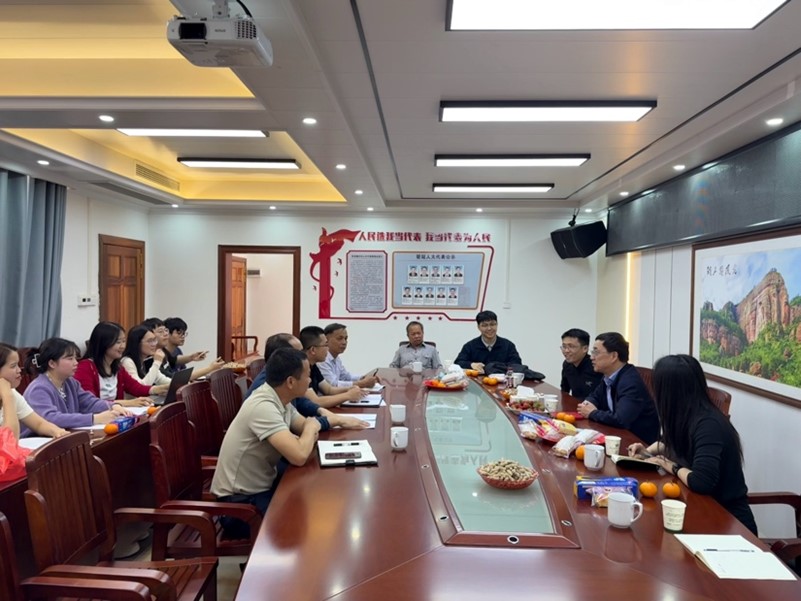
In this survey, the team examined practical samples from different stages of the reform. For the first batch of pilot areas, the research team visited Feng Village in Min'an Town, Beiliu City, to thoroughly analyze the institutional arrangements and outcomes of the first round of pilot programs, focusing particularly on key aspects such as the role mechanism of village collective organizations and land income distribution. Through comparative research, the team summarized the experiences of optimizing the agricultural land market entry procedures and innovating transaction mechanisms in Tianxin Village, Xilang Town, while diagnosing policy execution bottlenecks and communication challenges with the public in Duzhu Village, Tang'an Town.
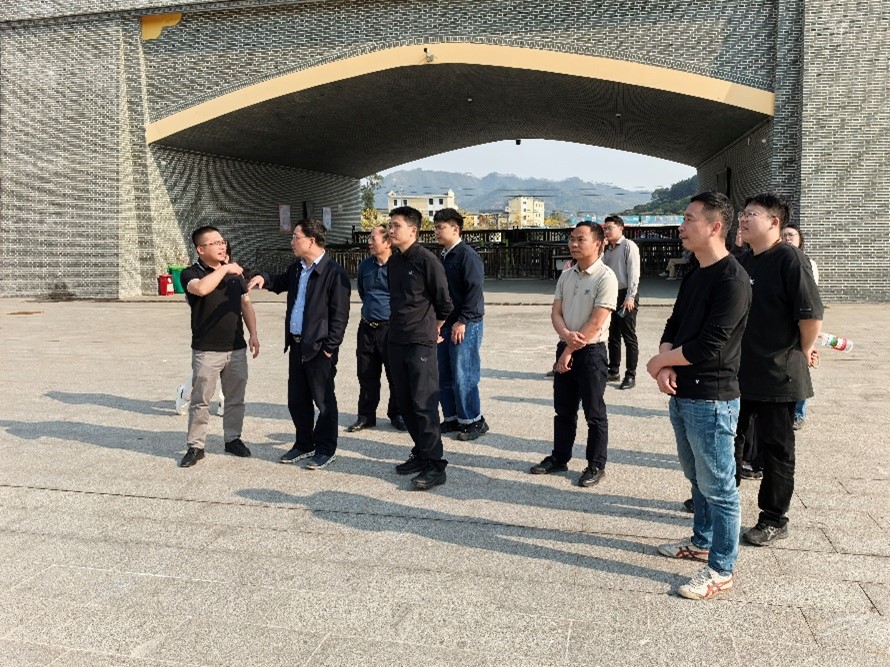
Focusing on new practices from the second round of pilot projects, the team discovered a groundbreaking case in Shebu Community, Sebu Town, Guiping City, where commercial land was traded at a record price of 3.53 million yuan per acre. The team held in-depth discussions on the dynamic balance mechanism of land value-added income distribution between the government, collectives, and farmers. In addition, the research team also visited Longling Village in Xiawan Town to investigate an industrial land market entry project, which is expected to create over 200 job opportunities, promote industrial upgrades, and revitalize idle resources.
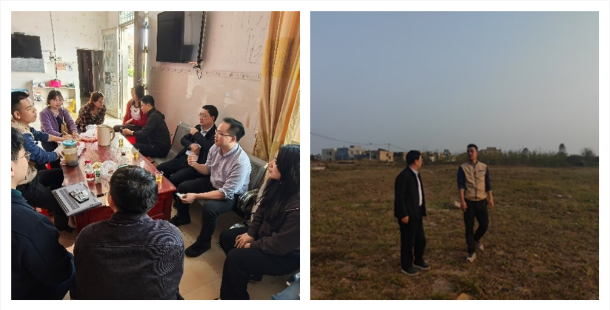
The research team also held a special symposium with the Department of Natural Resources of Guangxi. Officials from five departments, including the Land Administration Division and the Registration Bureau, engaged in in-depth discussions with the research team on topics such as the revision of the Land Management Law, regulation of the market entry process, and challenges in policy implementation. They specifically proposed innovative solutions to address bottleneck issues such as restrictions on land market entry and the cultivation of market participants.
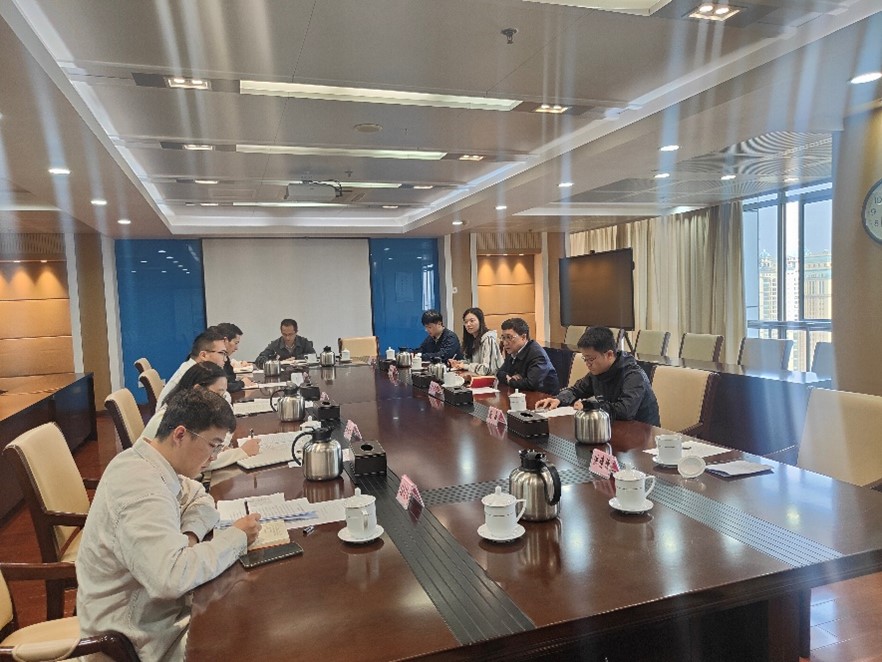
In addition, Professor Jikun Huang delivered a special lecture at Guangxi University, systematically explaining the opportunities, challenges, and development strategies for advancing rural revitalization through digital technology. The on-site discussions provided academic insights and momentum for the research.
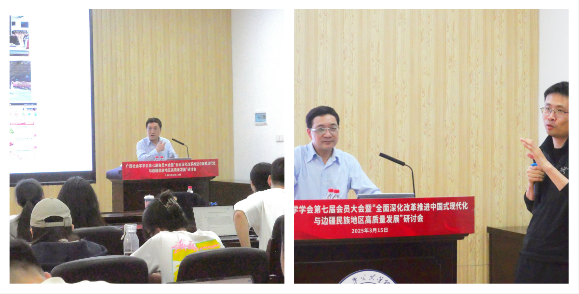
This three-day field survey, through the collaborative efforts of government, industry, academia, and research, systematically reviewed practical samples from different stages of reform and various land use types, providing multi-dimensional empirical support for improving rural land system reform. The research team stated that this survey marks a phased starting point for deepening the study of agricultural land market entry reform. In the future, they will build on the findings of this survey to conduct sample research covering broader regions and more stakeholders, helping to develop replicable and sustainable reform experiences, and contributing positively to the comprehensive advancement of rural revitalization.



 Home
Home



